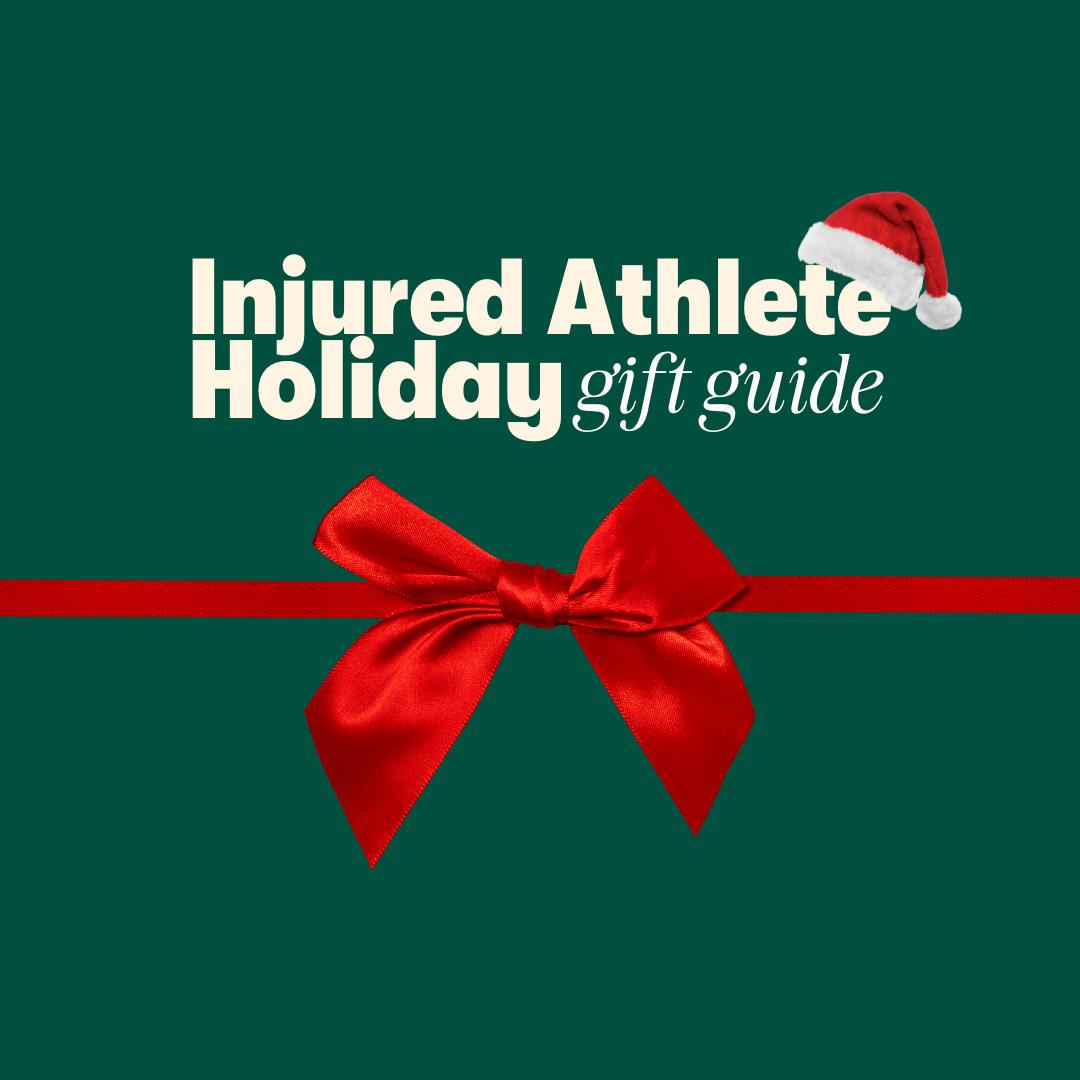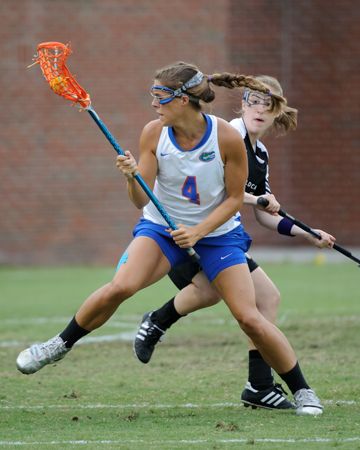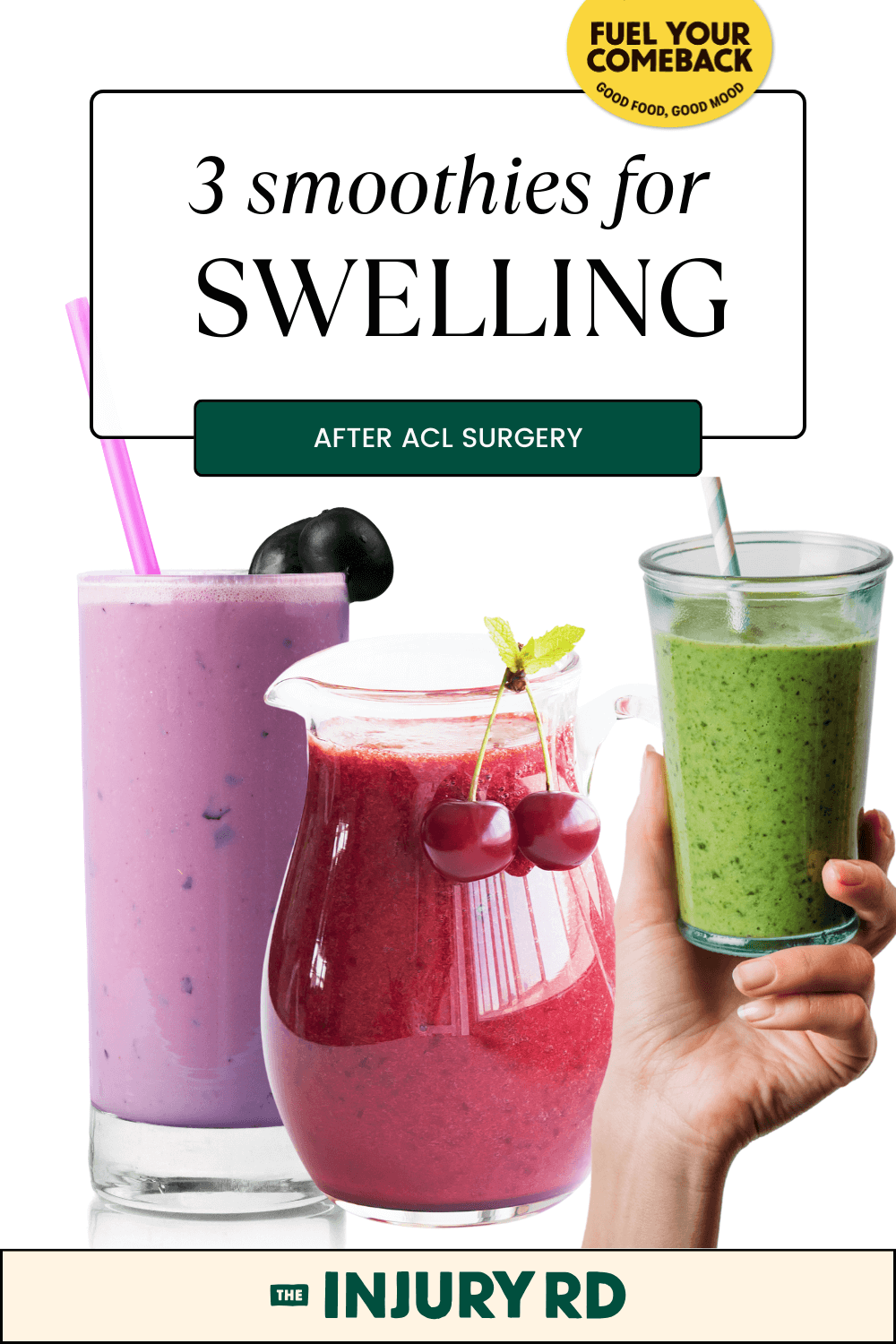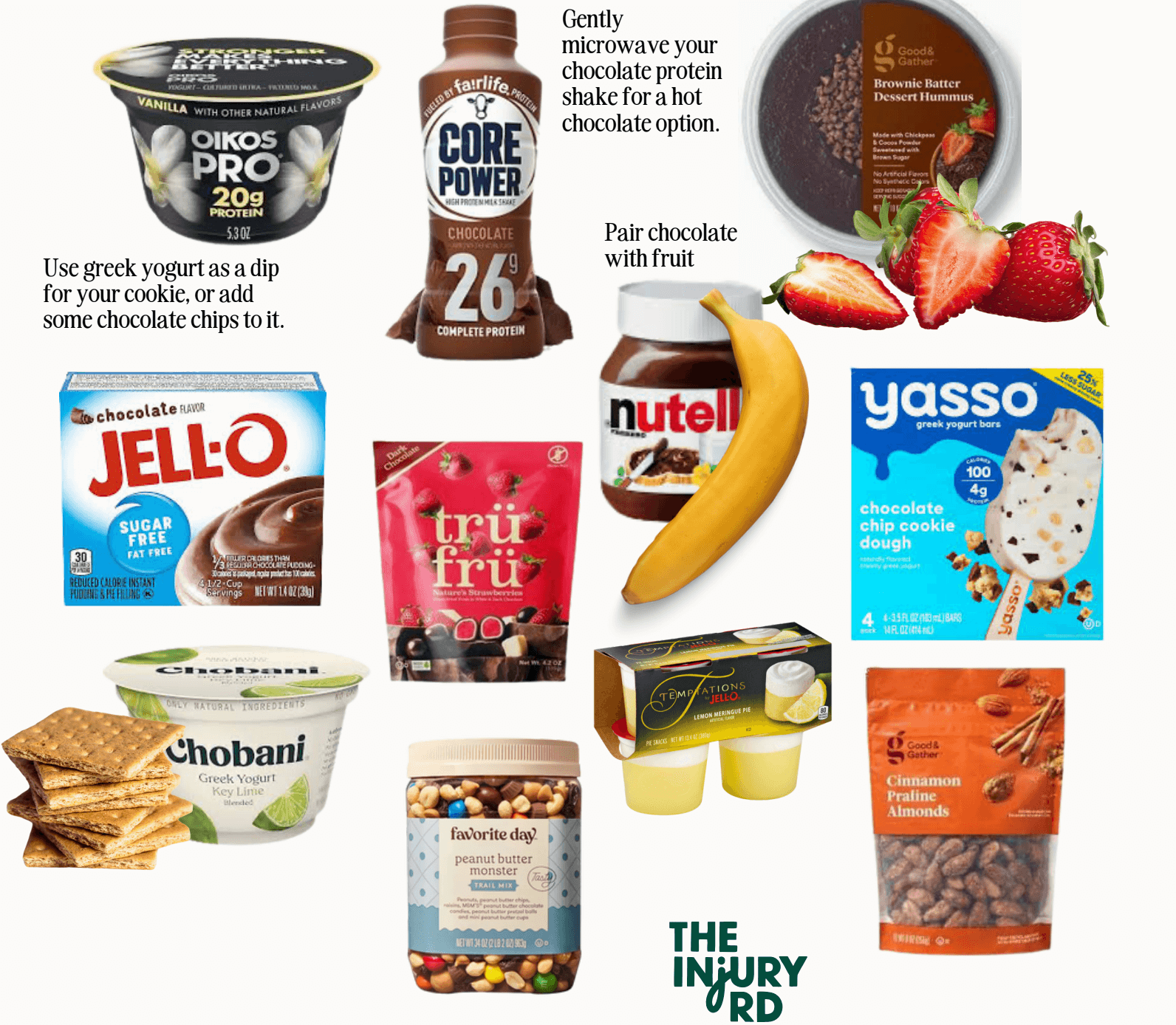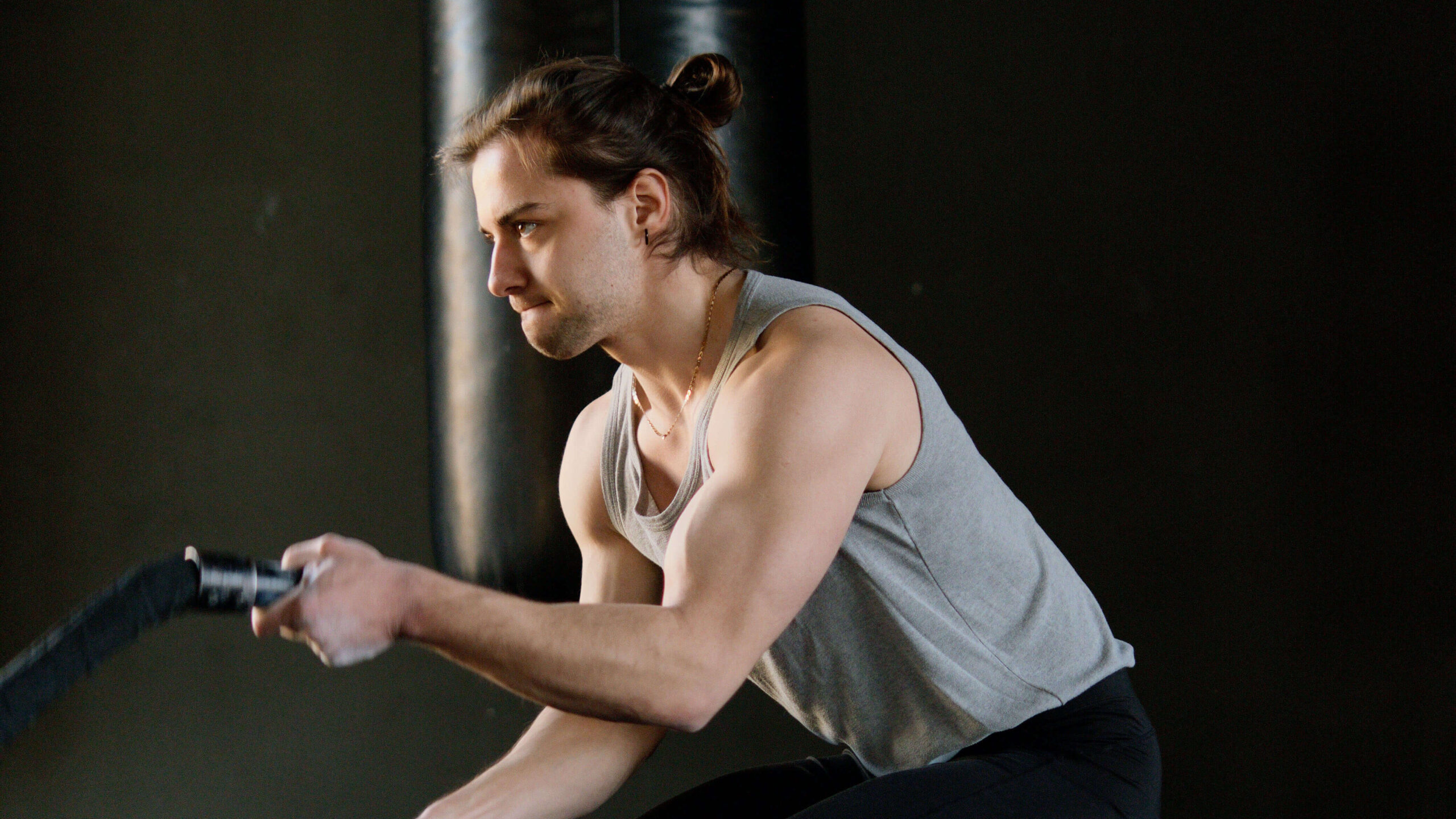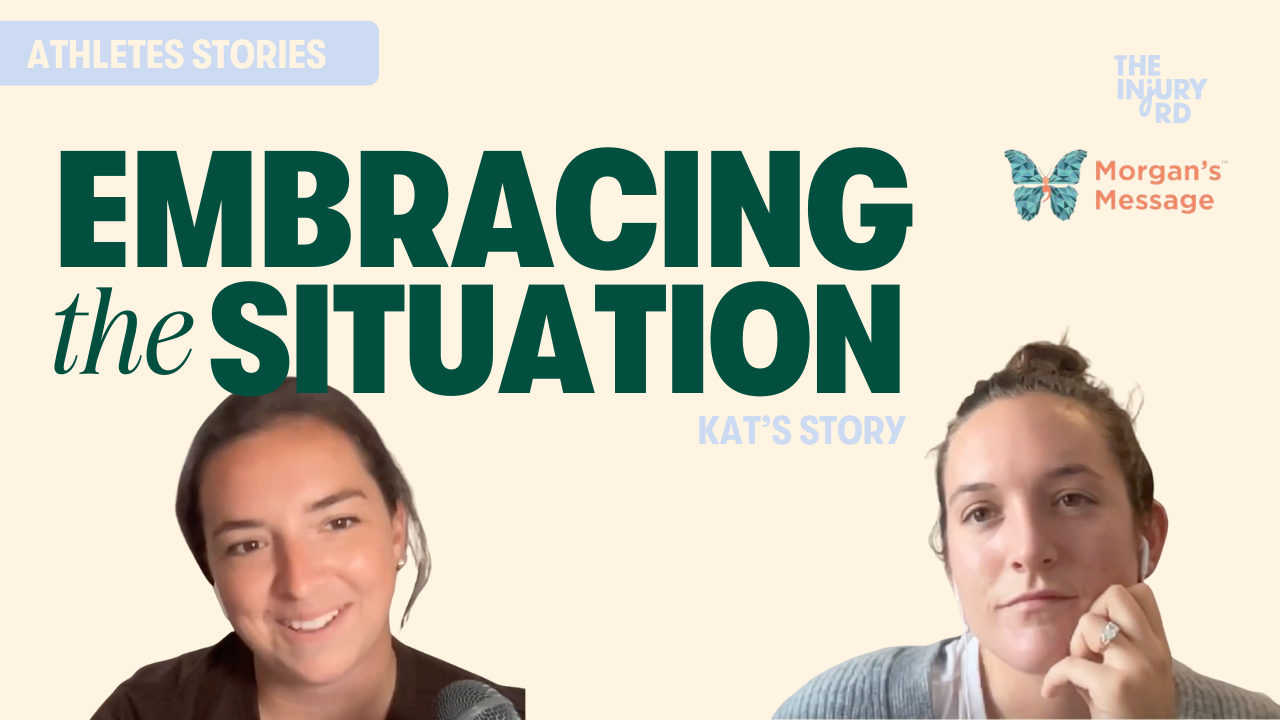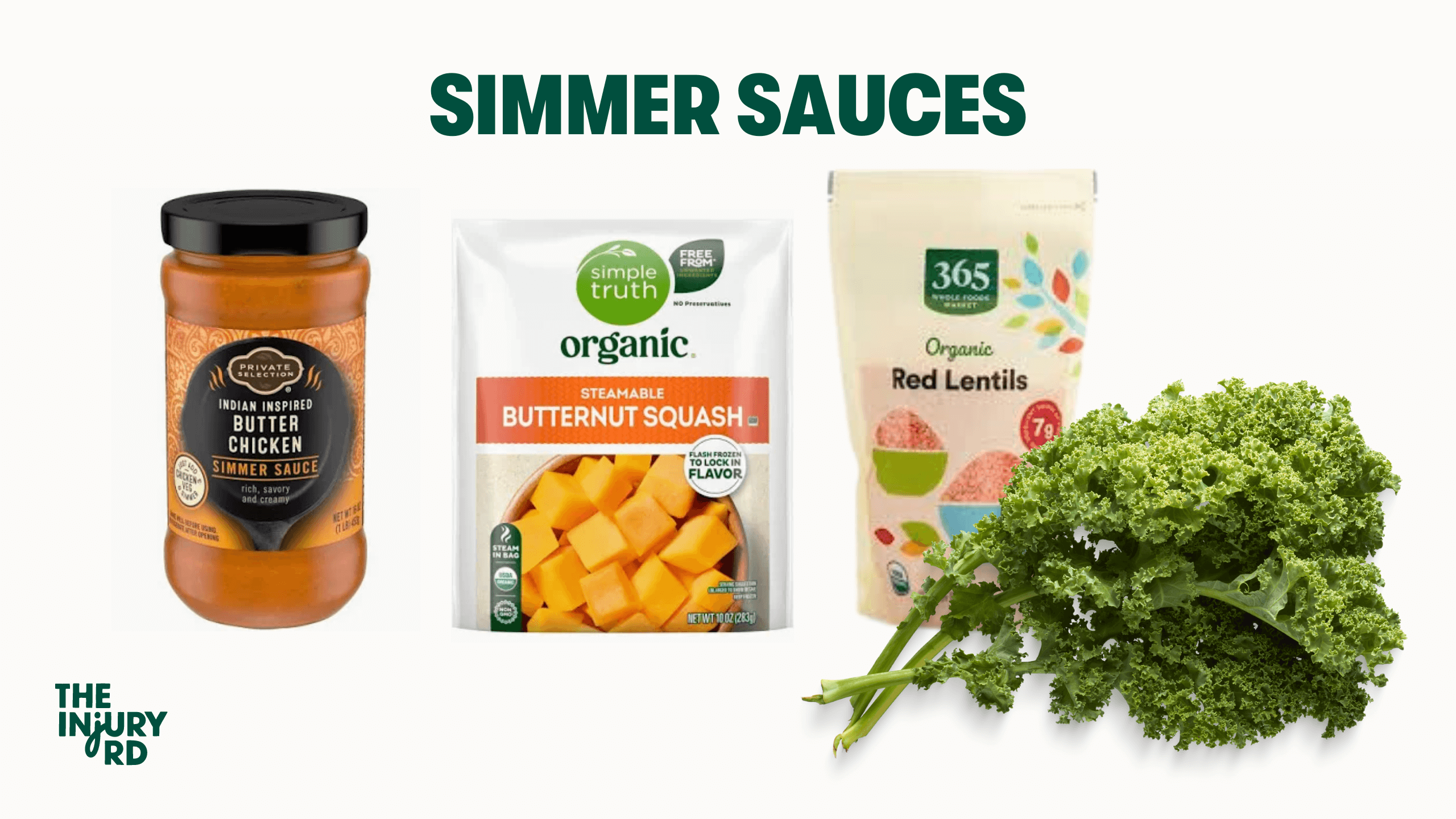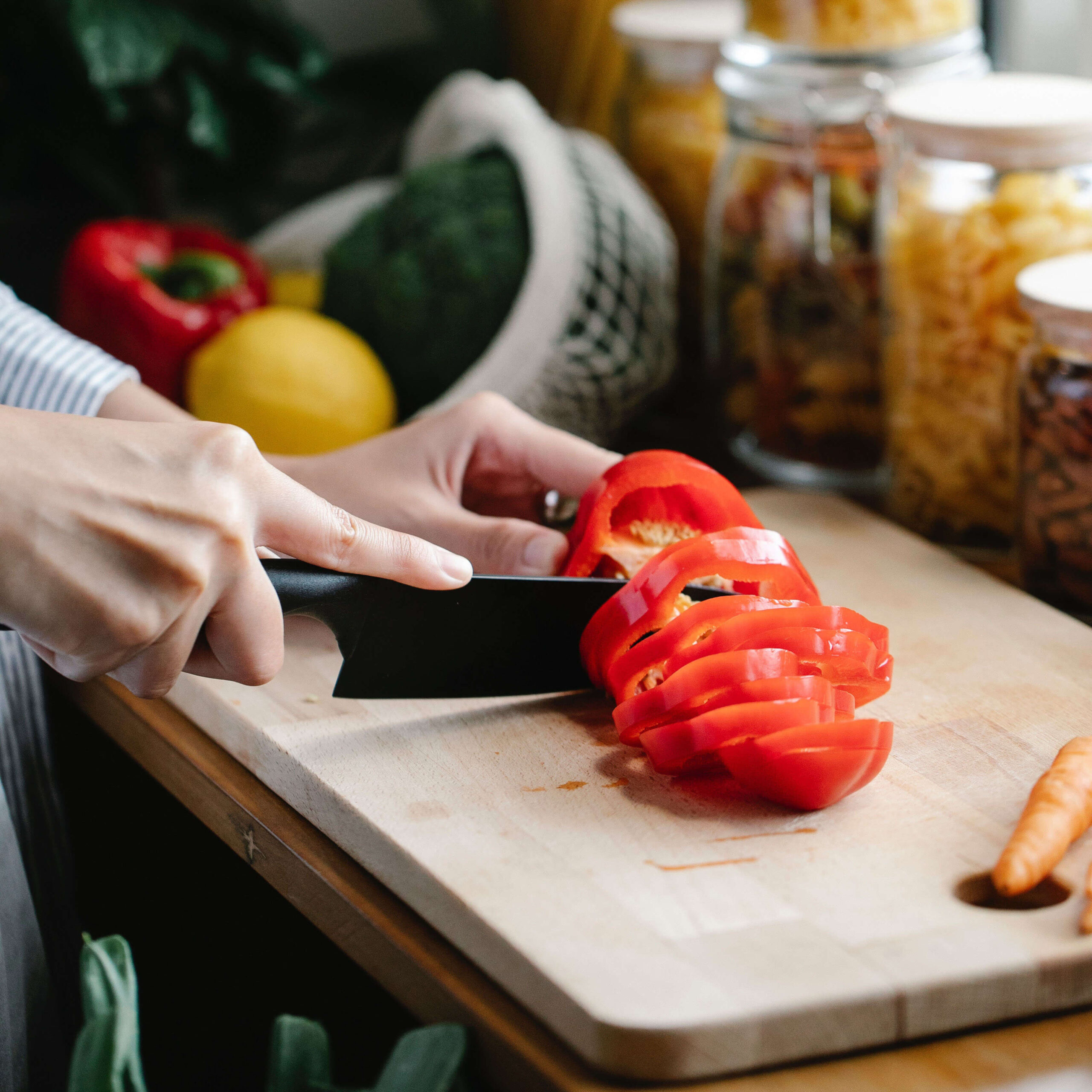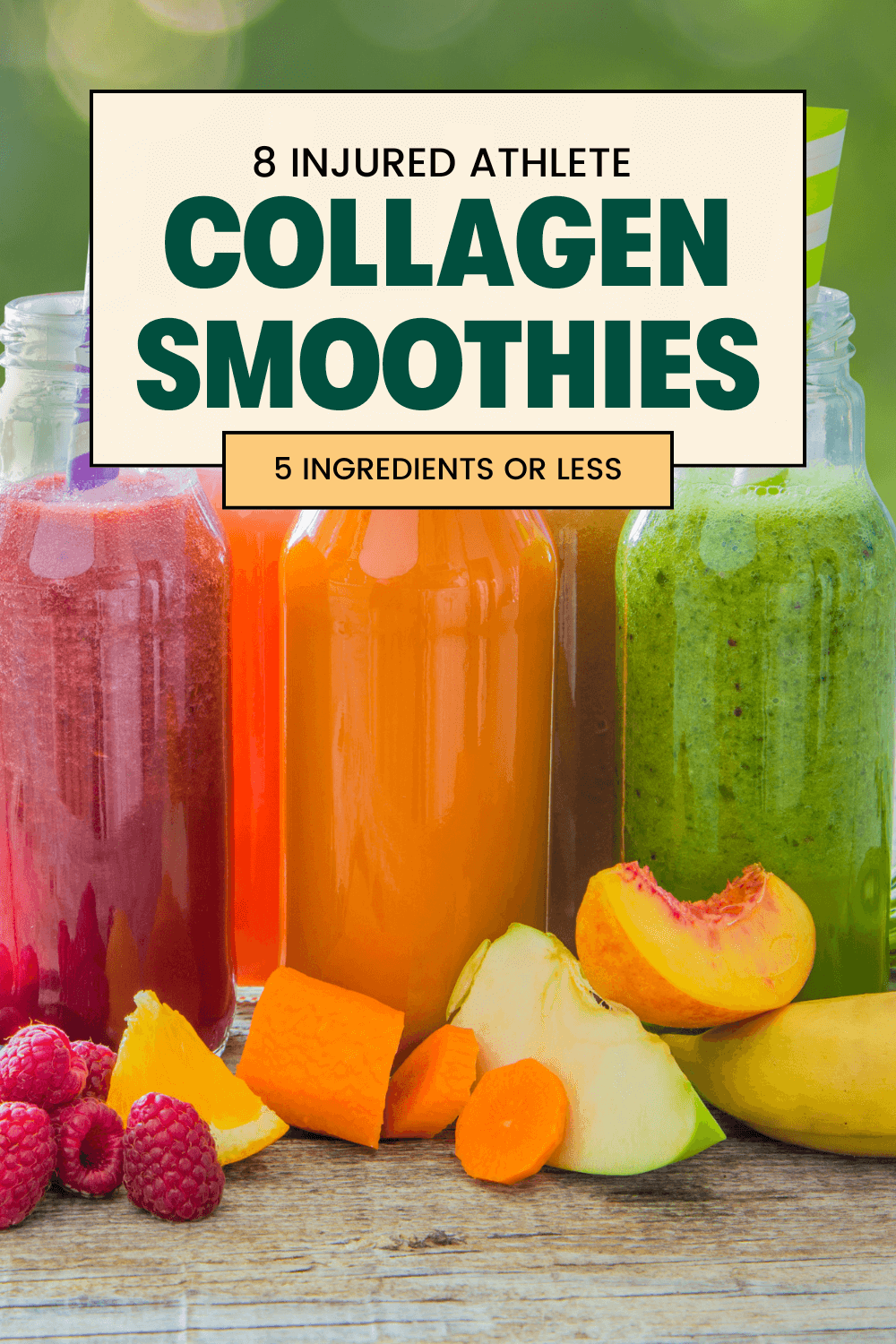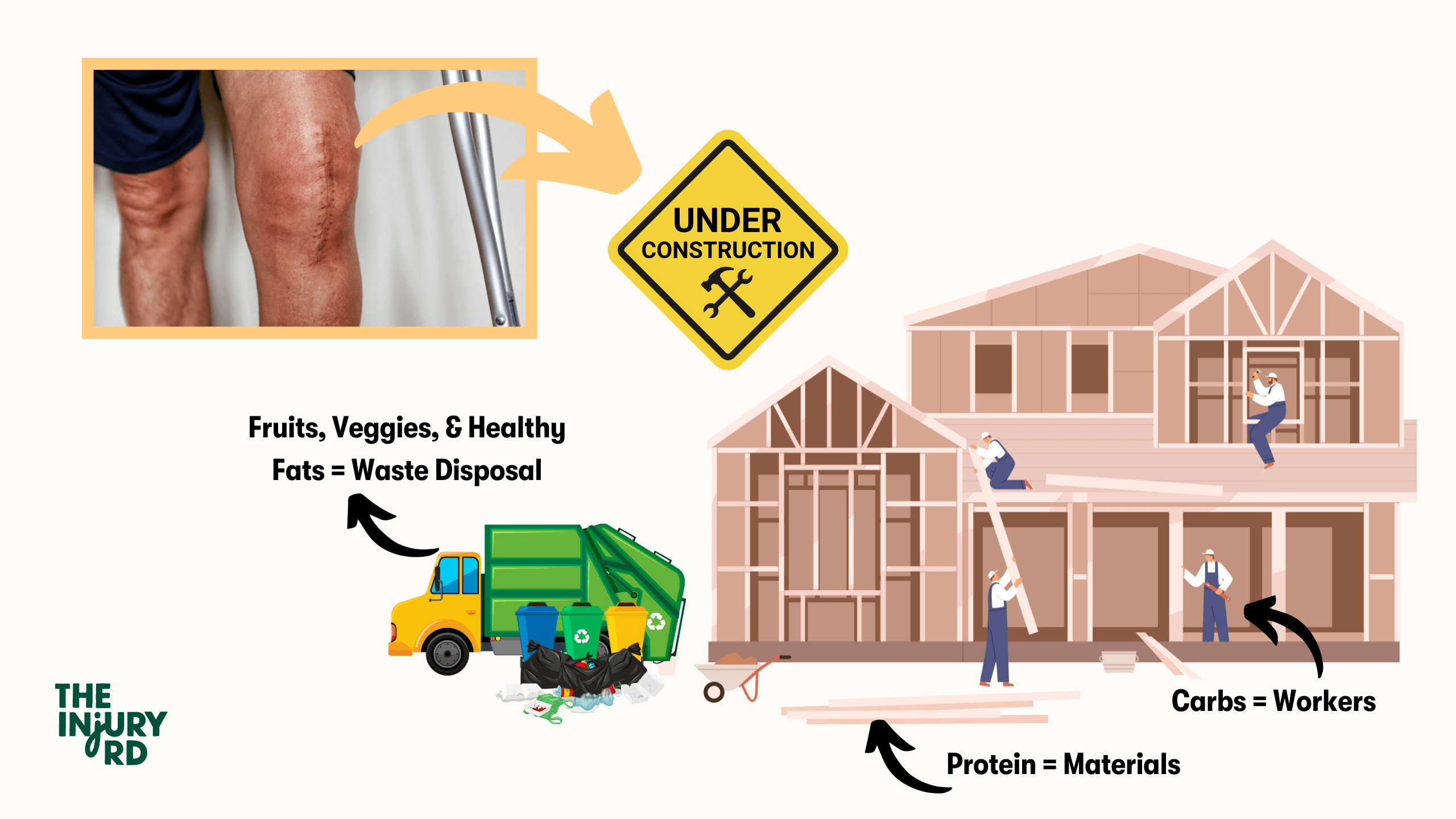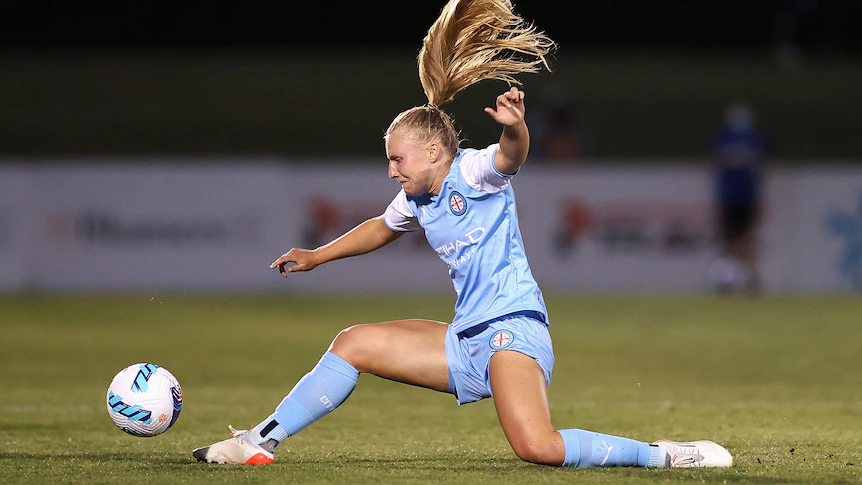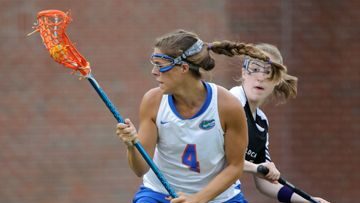Nutrition helps you stay on your rehab timeline!

I know this isn’t quite as sexy as saying nutrition helps you heal faster, but NOTHING helps you heal faster. We NEED to respect you body’s physiology.
Plus, sometimes when we try to rush this process, it’s to your detriment. For example, research tells us athletes that return-to-play from an ACLR before month 9 have a re-tear rate SEVEN times higher than those that continue with rehab (source).
So, while no, morally I will NOT tell you that great nutrition will help you recover faster, I will DEFINITELY say that sh*tty nutrition can make your recovery SLOWER. (And the research backs me on that claim.)
A few ways nutrition can help keep you on track:
1. EAT ENOUGH CALORIES:
One of the biggest questions/concerns I hear about is weight gain, but now is NOT the time to go on a diet.
Research tells us high school athletes with disordered eating behaviors (aka, typically some form of not eating enough calories and/or nutrients) are more than TWICE as likely to get injured during their season. (source)
We also know dieting in and of itself is related to an increased risk of injury. (source)
Depriving your body of the tools you need to rebuild AND the energy it takes to do it just doesn’t work. Your body will always prioritize your brain, heart, digestion, etc. over your healing limb, so when there isn’t enough to go around, your healing limb is going to get shafted.
“How many calories do I need?”
MOST of the time, I see my injured athlete’s needs fall around 30-35 calories per kg body weight. Sometimes you can adjust to a goal body weight if you feel you have some excess tissue that you don’t want to take into consideration.
(We also answer this question in a much more in-depth, individual way in Feed the Quad, my program for ACLers.)
2. EAT ENOUGH CARBS:
Carbs need some serious PR management right now, but I promise, they are absolutely vital for your recovery.
There is some evidence that a low-carb diet might have a negative influence on bone health, even when you’re eating enough calories. (source)
“Emily, I tore my ACL. I didn’t break a bone.” you say. Unfortunately, if you’ve had surgery, your surgeon drilled a hole through your bone, so we need to consider that healing process too!
I recommend eating at least 1-2 “fist-size” portions at every meal. That’s 30-60g if you’re a number person.
Carbs also have some pretty VITAL nutrients for the healing process, namely magnesium:
3. EAT ENOUGH MAGNESIUM
It’s estimated that up to two-thirds of Americans don’t meet the recommended magnesium requirements. (source) That’s unfortunate because magnesium is pretty bad*ss. It’s involved in 300 metabolic processes, including, you guessed it, many needed to build and repair tissue.
Aim to consistently include beans, greens, nuts, seeds, and whole grains.
4. Get your zinc in, but don’t overdo it.
Zinc, similar to magnesium, is important to the healing process, and a deficiency can slow down the healing process. However, a mega-dose can potentially PREVENT collagen formation. (source) I don’t recommend supplementing with zinc, but want you to make sure your daily diet includes some zinc sources like meat, shellfish, beans, chickpeas, nuts, dairy, eggs, whole grains, and/or fortified cereals.
What about protein?
Yes, that’s super important here as well! Enough to earn its own part.
Next up in part 2, another major factor that will impact your timeline: nutrition’s role in muscle loss and gain.
